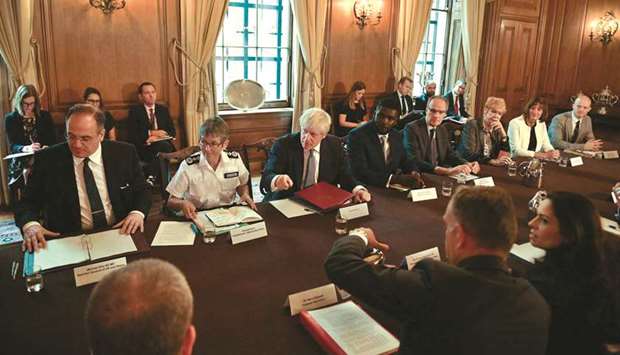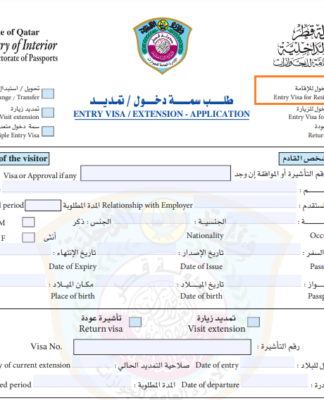The Metropolitan police have apologised for giving “a contrary impression” when its commissioner Cressida Dick told MPs the force met “really regularly” with StopWatch, which campaigns for the fair and effective use of stop and search, after the charity disputed the claim.
Use of stop and search powers has been increasing sharply in a number of police areas including London, where it rose fivefold last year, and the government expanded police stop and search powers on Sunday to allow an additional 8,000 officers to conduct searches without reasonable suspicion across the country if it is thought serious violence may occur.
Dick made the comments last month in the home affairs committee after Tory MP Rehman Chishti cited a report by StopWatch which said young people from ethnic minorities were being “subjected to relentless searching without a demonstrable, legitimate purpose and sometimes several times a day.”
In response she said: “I am very pleased to live and work in a city where there are groups who see it as their job to hold the police to account, keep an eye and campaign on certain issues, and that is what is StopWatch does. We meet with them really regularly. We know each other very well, but I can’t possibly answer that question because I don’t know who they are talking about, when or where.”
StopWatch’s Dr Michael Shiner said her remarks had given a false impression that the Met was consulting with his organisation.
“This came as a surprise to us because StopWatch has never met with Cressida and has not had a meeting with any other senior officers from the Met for at least three years.”
He criticised how both the Met and the Home Office have become less committed to improving accountability in recent years.
“We’ve heard of cases in London where police are not even giving people a receipt let alone a record of the stop and search,” Shiner said.
A Met spokeswoman said: “The commissioner was referring to a number of groups who hold police to account on stop and search, many of whom we regularly meet and engage with across London and at various levels. We do not meet regularly with StopWatch and are sorry if a contrary impression was given. Stop and search remains an important power in tackling crime and protecting people. We use it in response to intelligence and where we believe there to be a threat from violence. We fully recognise that stop-and-search powers must be used lawfully, courteously and be subject to proper assessment.”
Up until December 2017, there were discussions in private working groups around how to reform the best use of stop and search (BUSS) scheme, which aimed to reduce ‘no suspicion’ searches.
However, StopWatch and Release, the UK’s centre on drug laws, said that the Home Office dropped proposals to improve the scheme and suddenly withdrew from the consultations.
Officials allegedly said they would propose to ministers the introduction of better data collection measures to record particulars around drug possession, such as whether there was an intent to supply any specific drug.
The charities also expected a commitment for individual police forces to produce annual reports explaining disproportionality, as well as measures to move oversight of scrutiny panels to police and crime commissioners to make them independent.
Now, the home secretary Priti Patel has appeared to scrap the scheme altogether after it was announced on Sunday she will “lift all conditions in the voluntary best use of stop and search scheme over the use of Section 60” in an attempt to crack down on violent crime.
“This is to do with political ambition, party politics and self interest rather than effective crime control,” Shiner, also an associate professor at the London School of Economics, said. “The mood music has changed, its regressive.”
Niamh Eastwood, the director of Release, said this was a “shocking development” and warned racial disparities in use of the powers could widen, with black people 40 times more likely to be stopped and searched.
“The evidence for the effectiveness of Section 60 is incredibly weak,” she said.
“The find rate is the lowest for all the stop and search grounds. It disproportionately targets black men at very high rates.”
A Home Office spokesperson said: “Intelligence-led stop and search is an important tool. As we have made clear this week, the government fully supports the police in its fair and targeted use. The Home Office will continue to engage with partners on important issues relating to stop and search.”
Source:gulf-times.com





























